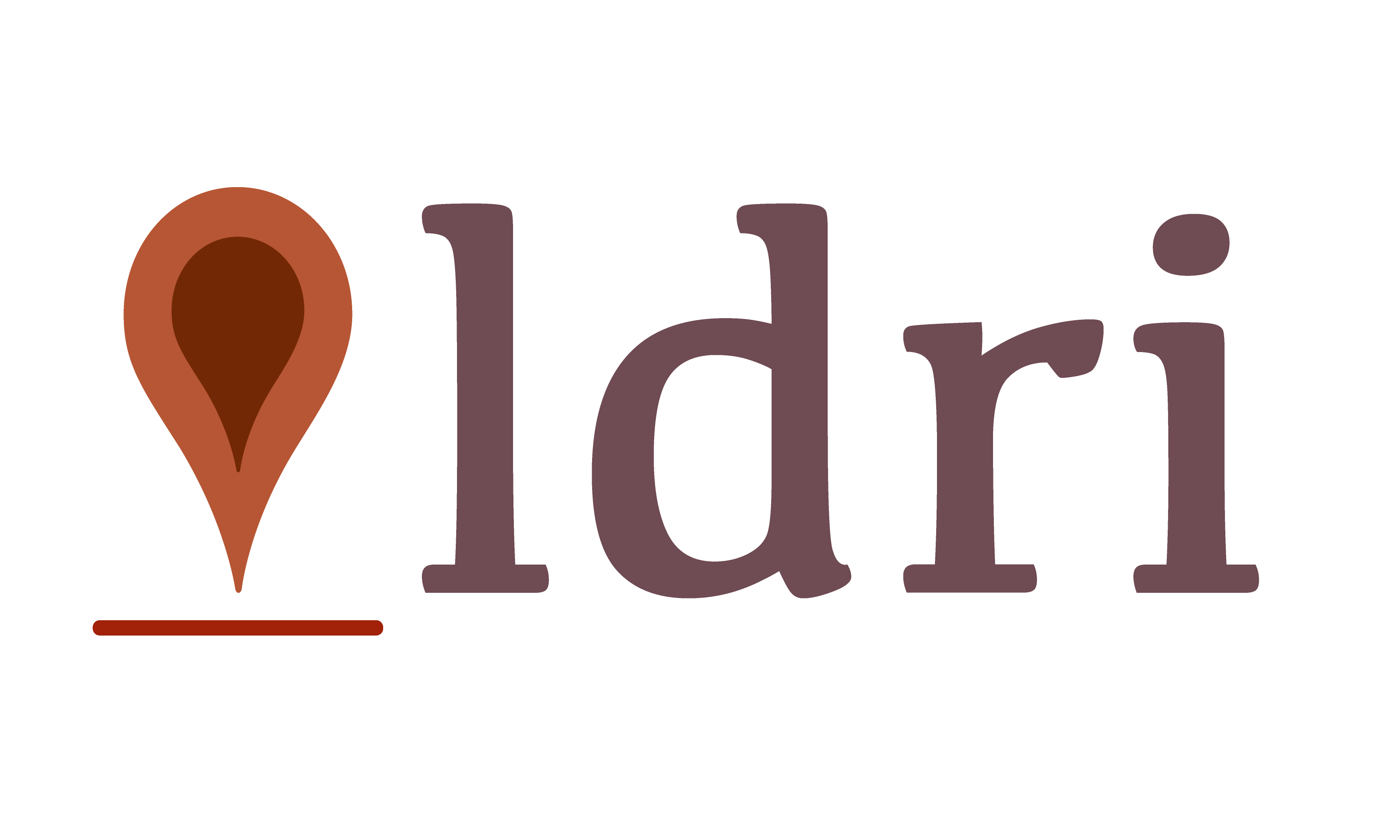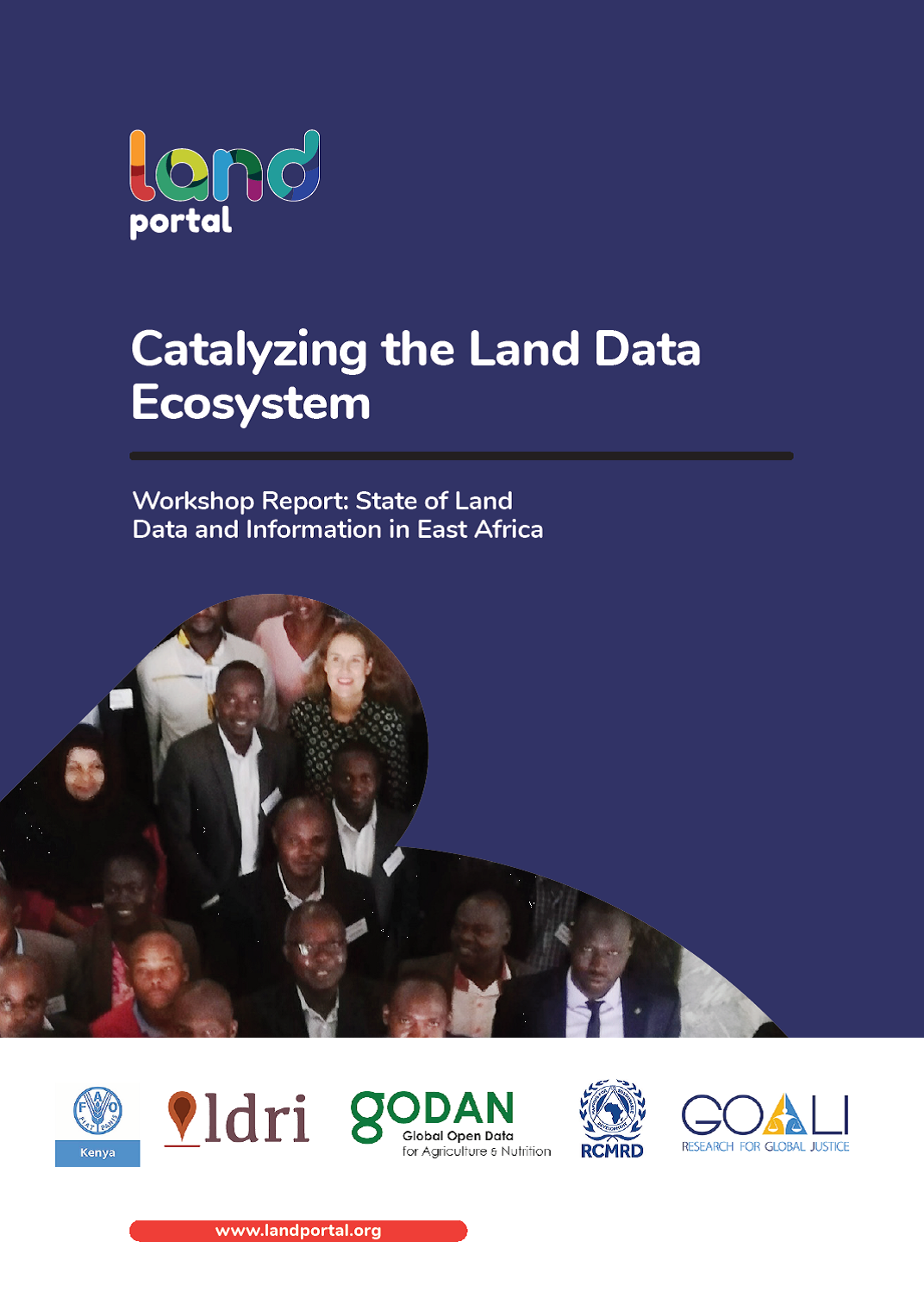Focal point
Location
Operational since 2015, Local Development Research Institute (LDRI) is an non-profit action-oriented think tank whose work contributes to the efforts of African governments to end extreme poverty, end hunger and reduce inequalities. With 65% of Africa’s labor force employed in the agriculture sector (which contributes approximately 30% of the continent’s GDP), widening inequality along gender lines and the increasing need to achieve food sufficiency for 1.5 billion people by 2020, it is clear that agriculture and the protection of women’s rights will be pivotal to achieving these objectives.
LDRI is therefore focused on the role and capacity of public sector institutions to deliver on the continent’s development agenda through multi-sectoral, multi-stakeholder and evidence informed approaches.
Our strategic objectives for the period 2016 to 2020 are:
- Strengthening the Africa data ecosystem to support the planning, monitoring and review of interventions to drive agricultural transformation in Africa.
- Supporting processes for evidence-informed policies in Africa that ensure the delivery of sustainable development for everyone.
- Building capacity of stakeholders to use and make their evidence open and accessible to others.
Members:
Resources
Displaying 1 - 1 of 1Catalyzing the Land Data Ecosystem
There is no doubt that the Global Data Revolution has reached the land sector. Government data portals, open access academic journals, community mapping initiatives and other citizen-generated data - there is a palpable positive drive across the world that allows processes such as data collection to be more inclusive and open. But within this data momentum, there are still many barriers and questions: Who can access the data, and how? What data is reliable? Who owns the data? What data is up to date? Can I use the data without inflicting harm?


